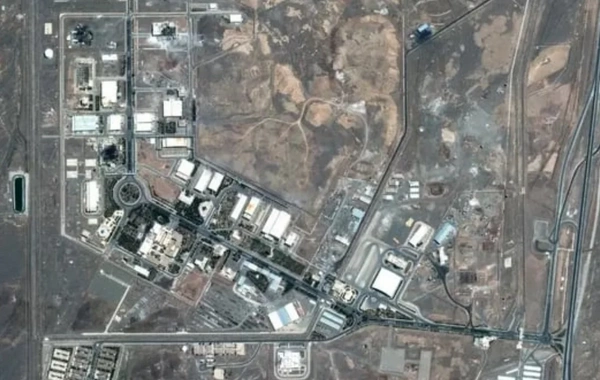The Mystery of the Arabian Desert Revealed

Researchers have made an amazing discovery that has overturned our understanding of the past of the world's largest deserts. It turns out that the lifeless expanses of the Arabian Peninsula and the Sahara repeatedly transformed into flourishing oases over millions of years. According to a new study published in the prestigious scientific journal Nature, over the past 7 million years, the climate of these regions has changed multiple times, creating favorable conditions for life.
An international team of scientists led by Clara Markovskaya from Griffith University in Australia conducted a thorough analysis of stalactites and stalagmites found in caves in the central part of Saudi Arabia. These natural formations are irrefutable evidence of the existence of vegetation and abundant precipitation in the past. Using the uranium-lead dating method, researchers identified four prolonged wet periods in the history of the Arabian Peninsula: about 7 million years ago, in the interval of 4-3 million years ago, 2 million years ago, and approximately 1 million years ago. The discovered evidence represents the oldest known traces of rainfall in Arabia and is among the oldest paleoclimatic records on the planet.
Of particular interest is the period 4-3 million years ago, which coincided with the era of "greening" of East Africa. During this time, early representatives of hominins, including Australopithecus, lived there. Scientists hypothesize that during such favorable climatic periods, the Arabian Peninsula could have served as a natural corridor for the migration of animals and, possibly, ancestors of modern humans between the African continent and Eurasia.
Despite the lack of direct evidence of ancient hominin migration through Arabia, the data obtained opens up broad prospects for further research. Future archaeological excavations may lead to the discovery of traces of ancient fauna and even signs of human activity in this now arid region.
Similar News
A morning habit that increases the risk of diabetes and hypertension has been named
Scientists from Ningxia Medical University have confirmed that regularly skipping breakfast increases the risk of developing metabolic syndrome — a condition in...




 Azərbaycanca
Azərbaycanca  По-русски
По-русски  English
English 






